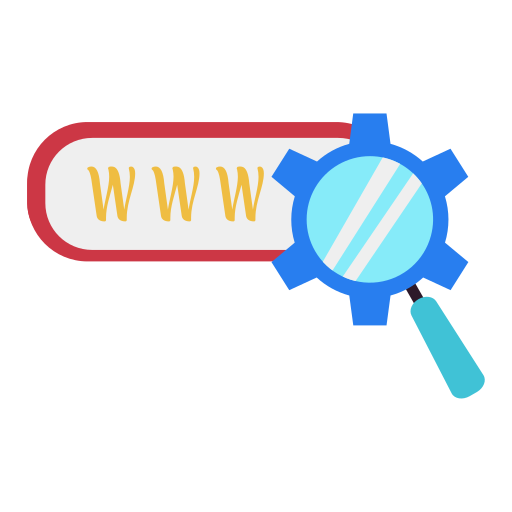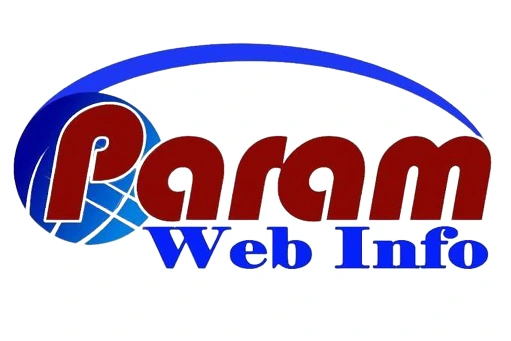Dyanamic Website
A dynamic website is a type of website that is generated in real-time, in response to user requests. Dynamic websites are typically built using server-side programming languages such as PHP, Ruby on Rails, Python, and ASP.NET, along with databases like MySQL, MongoDB, and PostgreSQL. Unlike static websites, dynamic websites can be updated and changed frequently, providing users with a more interactive and engaging experience.
Dynamic websites use a combination of HTML, CSS, and JavaScript on the client-side, and server-side scripting languages to generate and display content in real-time. They are able to present content that changes based on user input, such as forms, search results, and user profiles. They can also provide features like e-commerce functionality, social networking, and user authentication.
Dynamic websites are highly versatile and can be used for a wide range of applications, including e-commerce websites, news and media sites, blogs, and social networking sites. They offer the ability to create and manage content, as well as to interact with users, making them ideal for a variety of online ventures.






